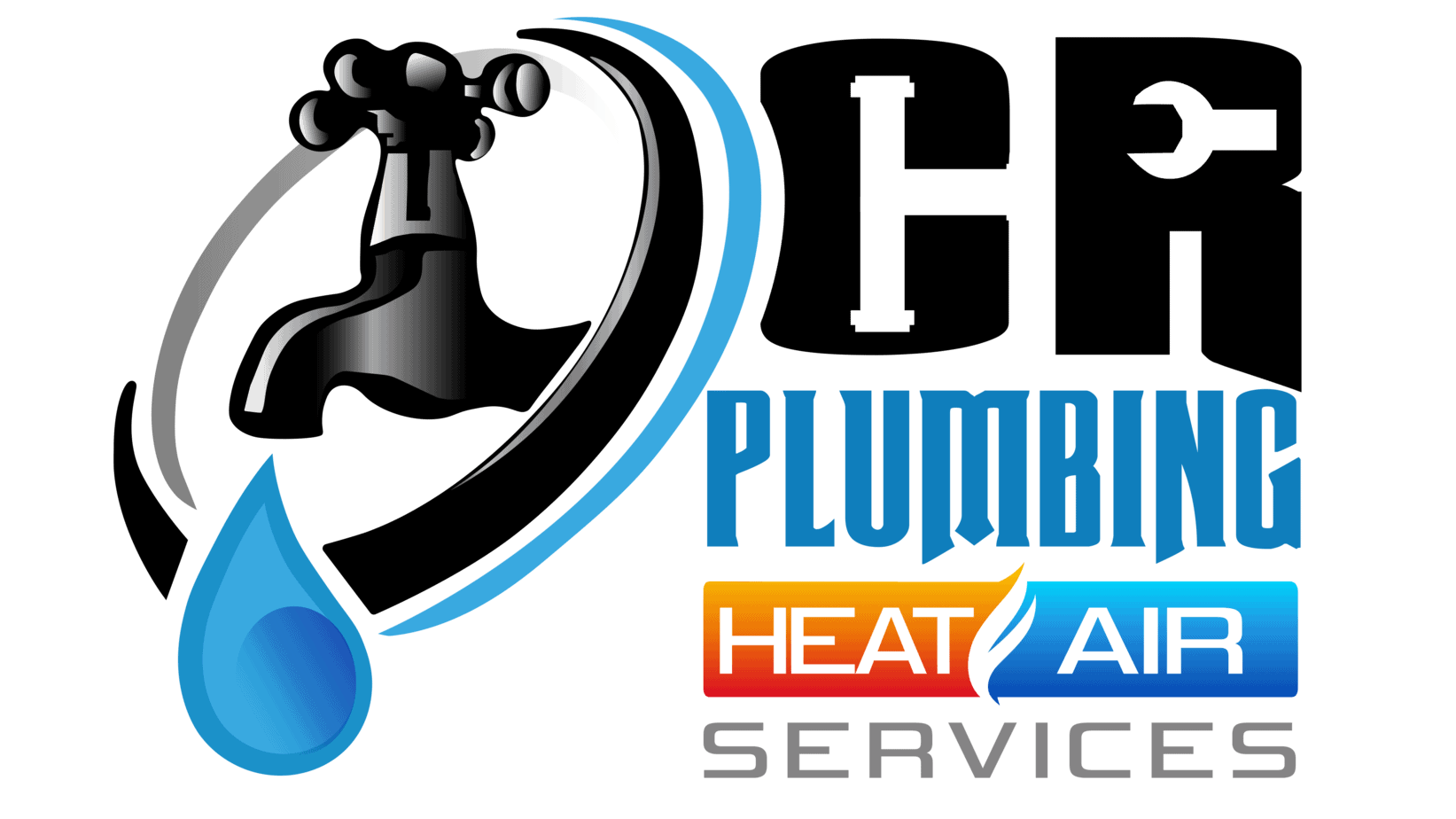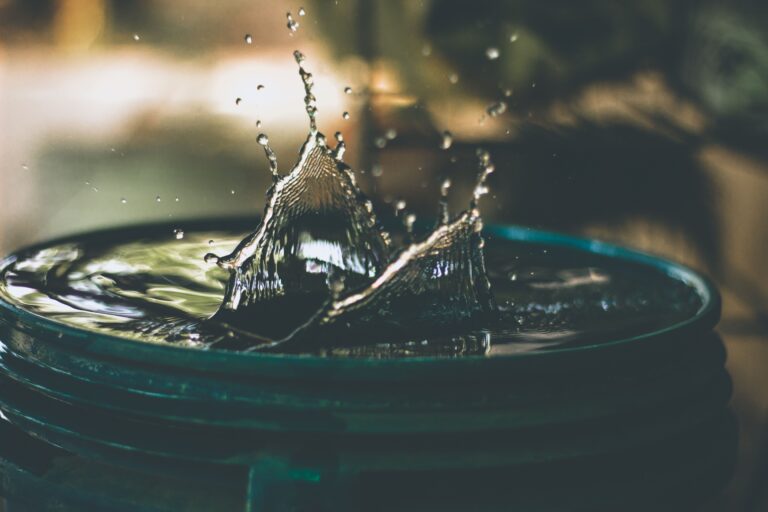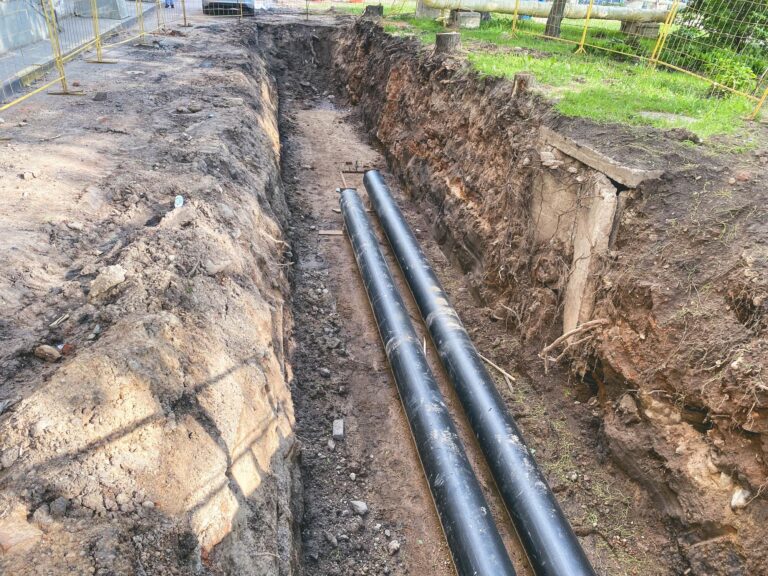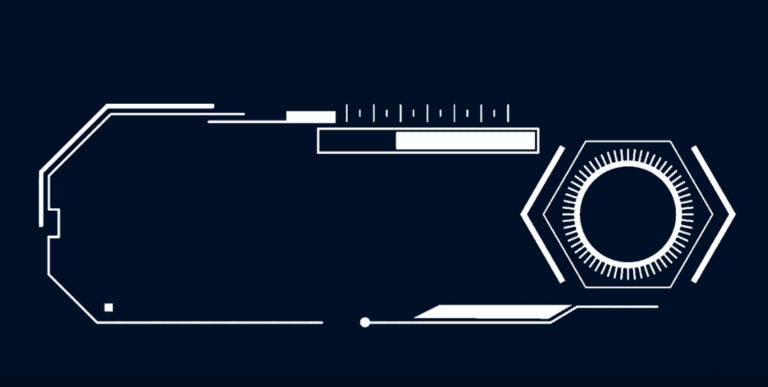Regular Water Heater vs Tankless: What’s the Smarter Investment?
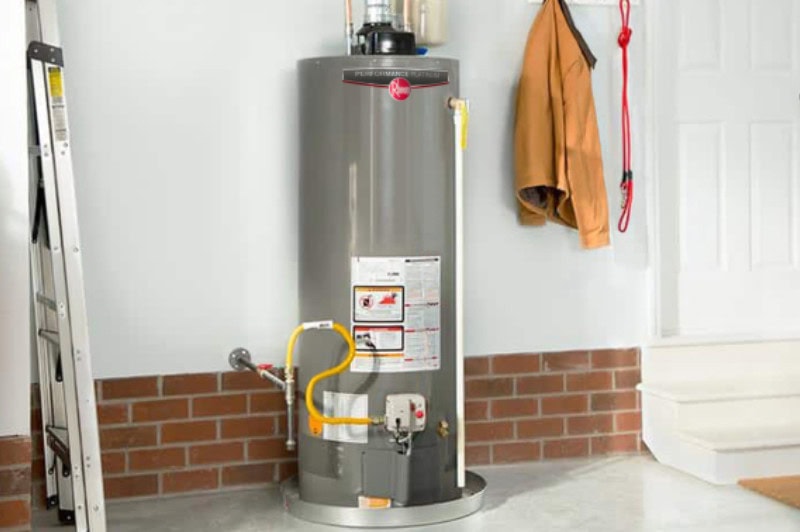
Introduction
Choosing the right water heater is crucial for both energy efficiency and long-term cost savings. Since water heating accounts for a significant portion of household energy consumption, selecting the right system can help reduce utility bills and improve overall performance. Homeowners must consider their household size, hot water demand, and budget when deciding between a regular water heater vs tankless.
Traditional water heaters use a storage tank to heat and store water, keeping it ready for use. While they are generally more affordable to install, they consume more energy due to standby heat loss—the energy wasted by keeping water hot even when not in use.
Tankless water heaters heat water on demand, eliminating the need for a storage tank. They are more energy-efficient, last longer, and take up less space, but they typically have higher upfront installation costs.
To determine which option provides better cost savings, this blog will compare energy efficiency, installation expenses, lifespan, and maintenance requirements of both systems. Understanding these factors will help homeowners make an informed decision based on their needs and budget.
How Traditional Water Heaters Work
Traditional water heaters use a storage tank system to heat and store a set amount of water, typically ranging from 30 to 80 gallons. The system continuously maintains the water at a preset temperature, ensuring hot water is available whenever needed. A heating element, either electric or gas-powered, warms the water inside the tank. When hot water is used, the tank refills with cold water, which is then reheated.
Energy Consumption and Standby Heat Loss
One of the biggest drawbacks of traditional water heaters is standby heat loss. Since the tank constantly keeps water heated, it consumes energy even when no hot water is being used. This results in higher energy bills, especially in colder climates where the heater must work harder to maintain the set temperature.
Pros and Cons of Traditional Water Heaters

Pros:
- Lower upfront cost compared to tankless models
- Simpler installation process with existing plumbing systems
- Reliable supply of hot water for multiple fixtures at once
Cons:
- Higher energy consumption due to standby heat loss
- Limited hot water supply, which can run out if demand exceeds tank capacity
- Larger physical footprint, requiring more space for installation
- Shorter lifespan compared to tankless models, typically around 8 to 12 years
Traditional water heaters remain a common choice for homes due to their affordability and ease of installation, but they may not be the most energy-efficient option in the long run.
How Tankless Water Heaters Work
Tankless water heaters, also known as on-demand water heaters, heat water only when needed instead of storing and maintaining a hot water supply. When a hot water tap is turned on, cold water flows through the unit, where a powerful gas burner or electric element rapidly heats it. This process ensures a continuous supply of hot water without the need for a storage tank.
On-Demand Heating System and Efficiency Benefits
Since tankless systems heat water only when required, they eliminate standby heat loss, making them far more energy-efficient than traditional models. They can provide hot water indefinitely, meaning homeowners no longer have to worry about running out, as long as the unit meets the household’s demand. Additionally, because they don’t require a large tank, they take up significantly less space.
Lower Energy Usage Compared to Traditional Models
Tankless water heaters generally use less energy because they don’t need to continuously reheat water. Studies show that they can be 24% to 34% more energy-efficient for homes that use less than 41 gallons of hot water daily. Even in larger households, they still offer efficiency gains compared to storage tank models. Over time, this reduction in energy consumption leads to lower utility bills.
Pros and Cons of Tankless Water Heaters
Pros:
- Provides unlimited hot water on demand
- More energy-efficient, reducing utility costs
- Compact size, saving space in homes
- Longer lifespan, typically 20 years or more
Cons:
- Higher upfront installation cost
- May require upgrades to gas lines or electrical systems
- Limited flow rate, making it challenging for multiple users to run hot water simultaneously
- Delayed heating time, as water is heated when needed rather than pre-stored
Tankless water heaters are a great option for homeowners looking to reduce energy consumption and save space. However, they require careful consideration regarding installation costs and household hot water demand.
Cost Comparison: Installation, Maintenance & Energy Savings

Choosing between a traditional and a tankless water heater involves understanding both the upfront investment and long-term savings. While traditional models are generally cheaper to install, tankless units offer better energy efficiency, leading to lower utility bills over time. Maintenance costs also vary between the two systems, impacting the total cost of ownership.
Upfront Installation Costs and Long-Term Expenses
Traditional water heaters have a lower initial cost, typically ranging between $500 to $1,500 for the unit and installation. They are easier to replace since most homes already have the necessary plumbing setup. However, their lifespan is shorter, meaning homeowners may need to replace them more frequently.
Tankless water heaters, on the other hand, have a higher upfront cost, usually $1,500 to $3,500 including installation. They may require additional plumbing repair or electrical upgrades, which can increase the initial investment. Despite the higher cost, their longer lifespan and energy efficiency can make them a cost-effective option in the long run.
Maintenance Requirements for Both Types of Water Heaters
Traditional water heaters require periodic flushing to remove sediment buildup, which can affect efficiency and shorten their lifespan. The anode rod, which helps prevent corrosion, may also need to be replaced every few years.
Tankless water heaters require descaling to remove mineral deposits, especially in areas with hard water. While they generally need less maintenance than storage tank models, regular servicing ensures optimal performance and longevity.
Energy Efficiency and Monthly Utility Bill Savings
Traditional water heaters consume more energy due to standby heat loss, continuously using energy to keep stored water hot. This results in higher monthly utility costs, especially in colder climates.
Tankless water heaters only heat water on demand, making them 24% to 34% more energy-efficient in homes with lower hot water usage. Even in households with higher demand, they still offer savings compared to traditional models. Over time, the reduced energy consumption translates into lower utility bills, helping to offset the higher upfront cost.
While traditional water heaters are more affordable initially, tankless units provide better efficiency and long-term savings. Homeowners should consider their budget, household hot water needs, and energy costs when making a decision.
Lifespan & Performance: Which One Lasts Longer?
When investing in a water heater, lifespan and performance are key factors to consider. While both traditional and tankless water heaters provide hot water, their longevity and efficiency vary depending on household usage, maintenance, and water quality.
Average Lifespan of Traditional vs. Tankless Water Heaters
Traditional water heaters typically last 8 to 12 years, depending on maintenance and water quality. Over time, sediment buildup inside the storage tank can reduce efficiency and lead to corrosion, eventually requiring a replacement.
Tankless water heaters have a longer lifespan, generally lasting 20 years or more with proper maintenance. Since they do not store water, they are less prone to corrosion and wear, making them a more durable option.
Performance Differences Based on Household Size and Usage
Traditional water heaters store a fixed amount of hot water, meaning larger households may run out of hot water if demand exceeds the tank’s capacity. Once the hot water is depleted, the system needs time to reheat a new batch, which can cause delays.
Tankless water heaters provide hot water on demand, eliminating the risk of running out. However, their flow rate is limited, which can be a concern for large households using multiple fixtures at the same time. Some homes may need multiple units to ensure consistent performance.
Impact of Hard Water and Required Maintenance
Hard water contains high mineral content, which can affect both types of water heaters. In traditional models, mineral buildup inside the tank can reduce efficiency and lead to premature failure. Regular flushing helps remove sediment and prolongs lifespan.
Tankless water heaters are also affected by hard water, as mineral deposits can accumulate in the heating elements, reducing efficiency and increasing maintenance needs. Installing a water softener can help prevent scaling and extend the unit’s lifespan.
While traditional water heaters are more affordable upfront, tankless models offer longer-lasting performance and greater energy efficiency. Homeowners should consider household size, water quality, and long-term maintenance costs when choosing the best option.
Conclusion: Which One is the Better Investment?
Choosing between a traditional and a tankless water heater depends on factors like budget, household size, and long-term energy savings. While traditional water heaters have a lower upfront cost, they consume more energy over time. Tankless models, on the other hand, offer greater efficiency and longevity but require a higher initial investment.
Key Takeaways
- Traditional water heaters have a lower upfront cost but consume more energy due to standby heat loss.
- Tankless water heaters provide on-demand hot water, are more energy-efficient, and have a longer lifespan.
- Installation costs differ with traditional models being easier to install, while tankless units may require plumbing or electrical upgrades.
- Maintenance needs vary with traditional heaters requiring sediment flushing and tankless models needing descaling in hard water areas.
- Household size impacts performance as traditional tanks can run out of hot water, whereas tankless units may struggle with simultaneous usage.
- For long-term savings tankless water heaters are the better investment due to lower energy consumption and extended durability.

